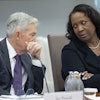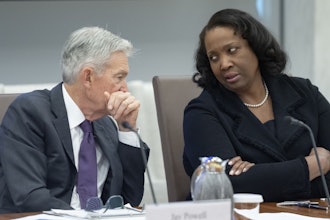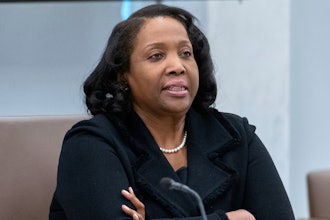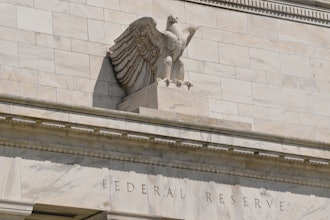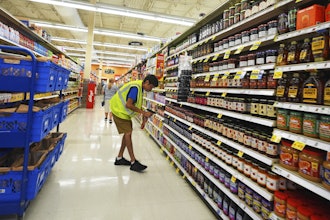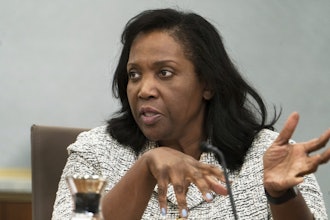NEW YORK (AP) — Americans have been anxious about the contentious presidential election, and when they get fretful, they tend to stop shopping.
While government reports show overall spending has held up, some analysts say they're seeing signs that shoppers are being cautious. A dip is normal before an election, but the question this year is whether the uncertainty could drag on after election day and cut into holiday buying.
Retailers are hoping an improving job market and wage gains will get Americans in the mood to spend.
"There's going to be election noise," Target's CEO Brian Cornell has said. "We've all looked at it and talked about it. But we are entering a holiday season with a consumer who is feeling good about the state of play."
Here's a look at where things stand and what could be ahead after Nov. 8:
Q. What usually happens before a presidential election?
A. Shoppers traditionally pull back ahead of the election as they become distracted.
"Everywhere you turn — whether you're picking up a newspaper or watching television — political advertisements are taking up ad space that retailers typically use to get holiday shopping on the minds of consumers across the country," said Matthew Shay, president and CEO of the National Retail Federation, the nation's largest retail trade group.
But buying usually bounces back afterward. In the 2012 and 2004 presidential elections, year-over-year sales growth slowed an average of 22 percent in September and October, from the January through August period, but rebounded an average of 16 percent in November and December, according to AlixPartners. The consulting group excluded the 2008 presidential election because the ballooning financial crisis that led to a precipitous drop in spending made it an outlier. Its figures exclude sales of cars and auto parts and from gas stations and restaurants and are based on an analysis of Commerce Department figures.
Q. What about 2000, when the Al Gore- George W. Bush race wasn't decided until Dec. 12?
A. Sales didn't recover as usual because of unprecedented uncertainty about the winner through most of the holiday season, says Noam Paransky, director of the retail practice at AlixPartners.
Year-over-year sales growth slowed 10.2 percent in September and October of that year, from the January through August period. And for November and December, it was 30.4 percent slower growth. However, retail sales were still growing through the period.
Q. What's been the trend this year?
A. Consumer confidence has slipped a bit, but spending generally held up through September as income gains and an improving job market offset some of the uncertainty, according to the most current government reports.
Year-over-year growth in retail sales slowed 19.8 percent in September compared with the year so far, according to an analysis by AlixPartners. The government hasn't released sales yet for October. But a report from the Conference Board said consumer confidence pulled back in October, after reaching a 20-month high in September. That dip was in line with the University of Michigan survey.
A survey by the National Retail Federation points to cautious consumers because of the election uncertainty. Some shoppers surveyed by the research group The Retail Economist and Goldman Sachs showed the election was a factor.
And shoppers remain selective, shifting their spending more toward items like cars and appliances, says Ken Perkins, president of research firm Retail Metrics LLC.
A clearer picture will emerge when retailers report their third-quarter results in November. "The election is weighing on consumer psyche, and retailers will use it as an excuse," Perkins said.
Q. Will there be a postelection bounce this year?
A. With the rare exception of the Bush-Gore contest, most elections bring certainty and the country moved forward. This year may be different. Republican Donald Trump, who has railed about a "rigged" political system, said in the final presidential debate that he won't decide until the election ends whether he will accept its results. If Democrat Hillary Clinton wins, she may take office amid questions now that the FBI is looking further at her emails.
"The potential concerns of legitimacy of either candidate can carry over and dampen spending," said Perkins.
Q. Given the prevalence of political ads in some areas, what are stores doing?
A. Both Wal-Mart and Target say they've adjusted their advertising.
Wal-Mart hasn't given many specifics, while Target says it's leaning more toward TV channels like the Food Network, HGTV and the Cinema channel. For social media, it's focusing on Pinterest. The company says it wants to be smart about where to focus.
"We don't want to come across as tone-deaf to the conversations that are going on," said Rick Gomez, Target's senior vice president of marketing.



